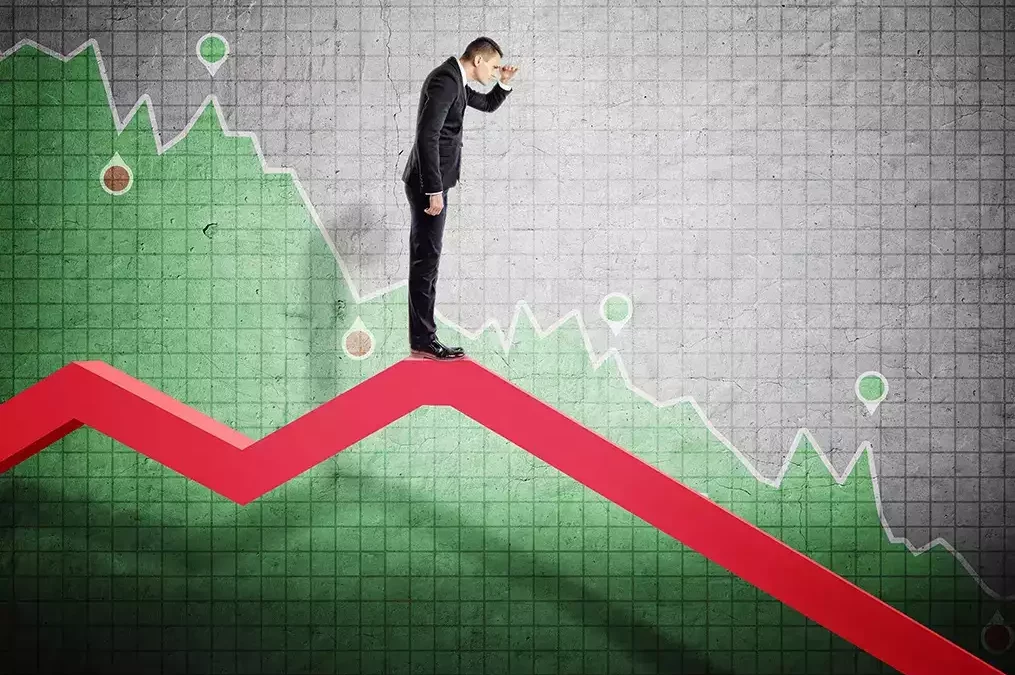The stock market, with its potential for significant returns, is often seen as a pathway to financial growth. However, the question of whether it’s a safe investment, particularly in the current economic climate, is a complex one with no easy answers. Market volatility, economic indicators, and global events all play a role in shaping the risk landscape. Before diving into the market, understanding these factors and assessing your own risk tolerance is crucial for making informed investment decisions. Let’s explore the risks and rewards of investing in the stock market right now.
Understanding Market Volatility and Risk
Market volatility refers to the degree of price fluctuations in a market or asset over a period of time. High volatility can be unnerving, but it also presents opportunities.
- Economic Uncertainty: Global events, inflation concerns, and potential recessions can all contribute to market swings.
- Geopolitical Tensions: International conflicts and political instability can impact investor sentiment and market performance.
- Company Performance: Individual company earnings and news can significantly affect their stock prices.
Assessing Your Risk Tolerance
Before investing, it’s essential to understand your own comfort level with risk. This will help you choose investments that align with your financial goals and ability to withstand potential losses.
Here’s a simple guideline:
| Risk Tolerance | Investment Style | Potential Returns |
|---|---|---|
| Low | Conservative, focusing on stable assets like bonds. | Lower, but with less volatility. |
| Moderate | Balanced portfolio with a mix of stocks and bonds. | Moderate, aiming for a balance between growth and stability. |
| High | Aggressive, investing primarily in stocks and higher-risk assets. | Higher, but with greater potential for losses. |
Factors to Consider Before Investing
Several key factors influence the safety and potential returns of stock market investments.
One important factor is diversification. Diversifying your portfolio is a strategy to reduce risk by spreading your investments across a variety of assets.
- Diversification: Spread your investments across different sectors, industries, and asset classes to mitigate risk.
- Long-Term Perspective: Investing in the stock market is generally a long-term strategy. Avoid making impulsive decisions based on short-term market fluctuations.
- Financial Goals: Define your investment goals (e.g., retirement, home purchase) and choose investments that align with those goals.
The Importance of Due Diligence
Thorough research is crucial before investing in any stock. Understand the company’s financials, business model, and competitive landscape.
Remember this simple piece of advice: Invest in what you understand.
FAQ: Common Questions About Stock Market Investments
Here are some frequently asked questions about stock market investments to help you navigate the complexities.
- Q: What is a stock?
A: A stock represents a share of ownership in a company. - Q: What is a bear market?
A: A bear market is a period of sustained decline in stock prices, typically 20% or more from a recent high. - Q: What is a bull market?
A: A bull market is a period of sustained growth in stock prices. - Q: How do I start investing in the stock market?
A: You can open a brokerage account with a financial institution or use a robo-advisor platform. - Q: What are ETFs and mutual funds?
A: ETFs (Exchange-Traded Funds) and mutual funds are investment vehicles that allow you to invest in a basket of stocks or other assets, providing diversification.
Investing in the stock market always involves risk, and there is no guarantee of returns. The current market conditions, characterized by economic uncertainty and geopolitical tensions, add an extra layer of complexity. However, with careful planning, diversification, and a long-term perspective, it is possible to navigate these challenges and potentially achieve your financial goals. Remember to thoroughly research your investment options and consult with a financial advisor if needed. Understanding your own risk tolerance and making informed decisions are key to successful investing, even in uncertain times. This knowledge will empower you to make the best choices for your financial future.





